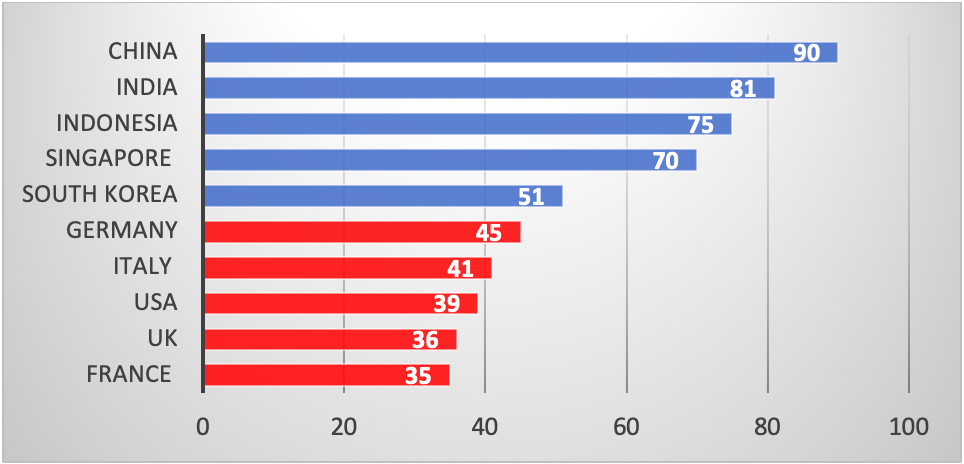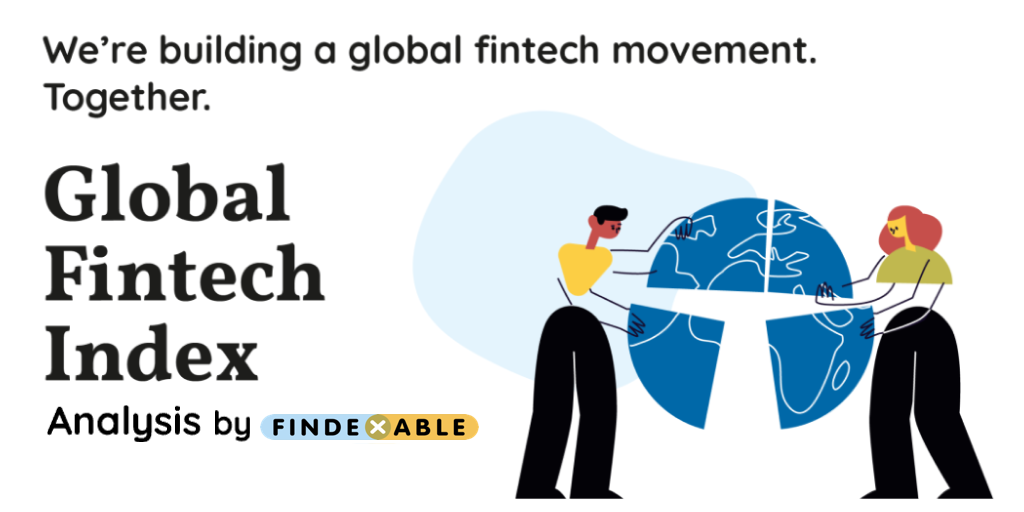After Corona – We are not alone
Anyone with an eye for irony might have raised an eyebrow these last few weeks at how the spread of the coronavirus has given some of the West’s leaders an opportunity to get what they wanted. Borders closed, national interests and security put above everything, or anywhere, else. Splendid isolationism.
Of course, a global pandemic isn’t quite what they meant in order to get it. But perhaps we can hope the seriousness of the outbreak will give them pause for thought – and that many of us will learn that independence, going it alone – or whatever spin we put on prioritising the importance of self, over collective, interest is a zero-sum game.
After all what use is all in the money in the world if I can’t enjoy it with friends or family – and if the cost of that isolation is restricted movement and limited personal freedom?
Despite the fear and trauma of the last few weeks, we should take some comfort in the symmetry of humanity. Video of Australians fighting over toilet paper that could have been shot in Madrid or London (who knew that Anglo-Saxon and Latin peoples had so much in common?); singing and impromptu ‘corona-concerts’ from balconies in towns across Italy and Israel.
Not to mention the endless funny, often heart-warming, memes from every corner of the world spread … virally.. via social media – in a positive re-purposing of a medium that has become synonymous with self-promotion and political trickery.
Flag 1: Eastern believers
Trust in government 2020 (%) – 2020 Edelman Trust Barometer

Hard questions.
So what comes next? In the search for answers to understand what happened – and how to prepare for future crises – we should look to where it all started. If there was any doubt that we now live in the Asian century surely the last few weeks have put that to bed? And not because it’s where the virus was first detected.
The more extreme elements of China’s containment to one side, the contrast between coordination in countries like Singapore and South Korea (clear public health communication and guidance, intelligent use of technology to track cases and reduce the spread) contrasts with the less co-ordinated, sometimes chaotic and confused approach across parts of Europe and America. To devastating effect.
As we, the world, come to terms with the impact and the implications of the pandemic – on issues of public health, and at the level of society and the economy – we would do well to reflect that throwing up borders is ineffective in the face of a microscopic enemy. And that global coordination, re-building trust in the institution of government, and sensitive use of technology and data-sharing are the way out of this crisis – and are essential to preventing the next one.
Remember Chaos Theory’s ‘butterfly effect’ – where a small, unpredicted change in one part of a system has dramatic repercussions for every other part of it? A bat sneezing in an obscure market in China last December appears to have proven its fatal accuracy once and for all.
Now is not the time to throw up our arms and slam shut our doors in response. Humanity’s turning point in 2020 – a year that a short while ago was supposed to mark the beginning of a bold new future – could still be just that. By using our ingenuity, and the data and technology we already have at our disposal to predict, prevent and solve the greatest challenges to human life and prosperity. Together.
Download the The Global Fintech Index 2020 City Rankings on http://bit.ly/2020GFI

